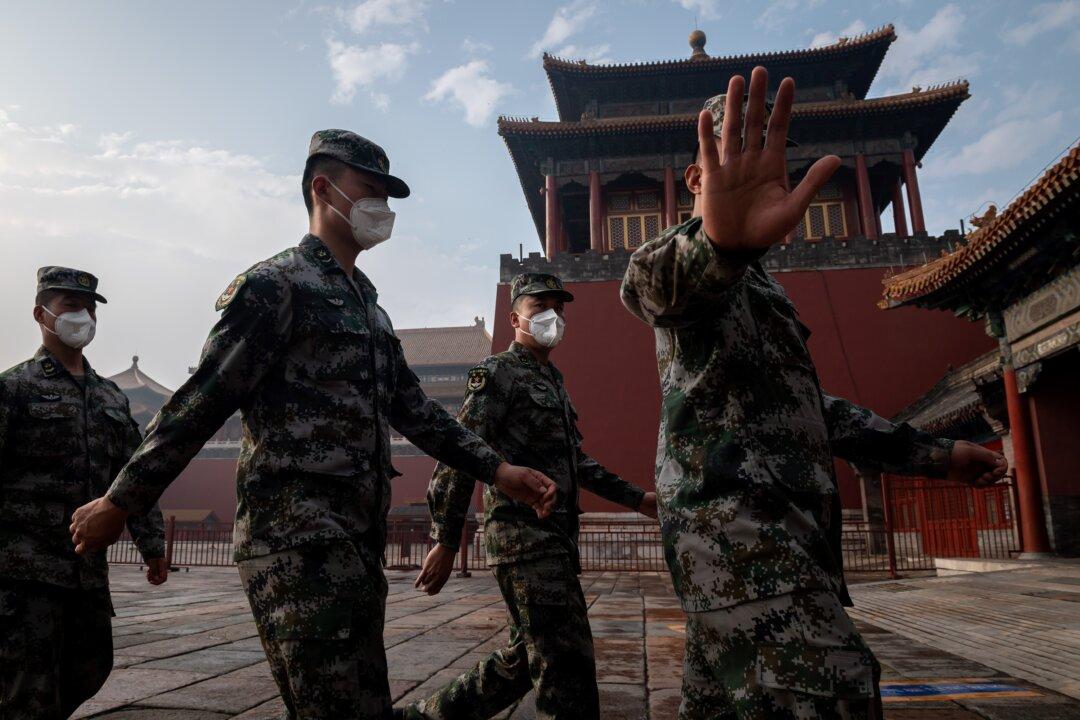China’s tech behemoths are handing months of profits to the regime in Beijing to demonstrate loyalty to the Communist Party. Popular actors have been erased from internet history with their devoted online fan groups disbanded. Young gamers now are allowed no more than three hours of playtime per week.
Across Chinese classrooms, 147,000 newly minted inspectors have been deployed to oversee the national dissemination of the ideology of China’s top leader, Xi Jinping.





